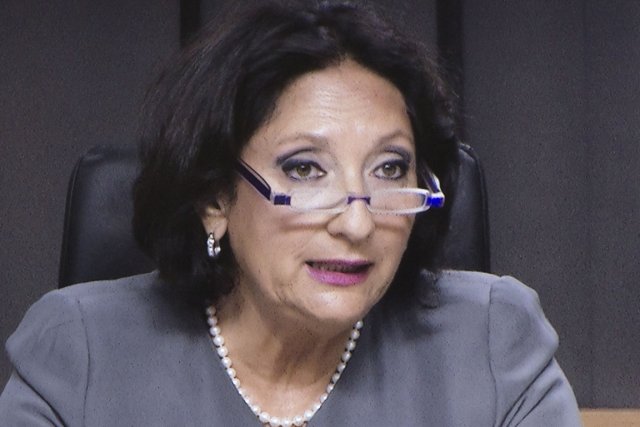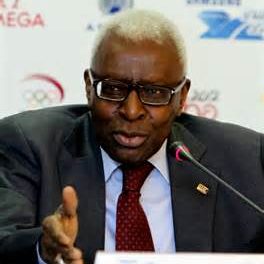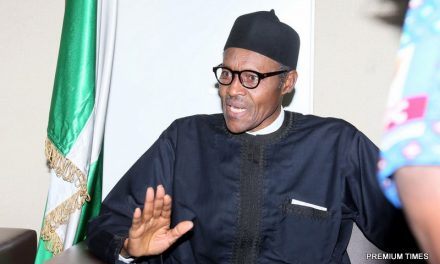
16 May 2013. Gilles Vaillancourt was the mayor of Laval, one of the largest cities of Quebec for 23 years before stepping down last November amid allegations of corruption. Quebec’s anti-corruption squad arrested him last week on two charges of gangsterism including one relating to directing a criminal organisation. Vaillancourt appeared in hand cuffs last Thursday afternoon and was released on a bail of $ 150,000 without deposit.
After a series of arrests by Quebec’s anti-corruption squad, 36 others were charged with offences ranging from fraud to gangsterism. They include other politicians, political aides, lawyers and people with ties to the construction industry, including Tony Accurso who is already facing charges of fraud, conspiracy and corruption. Tony Accurso’s name was mentioned several times at the Charbonneau Commission looking into corruption in the construction industry.
Robert Lafreniere, head of the anti-corruption unit, revealed in a news conference in Montreal that the investigators met with 150 witnesses, listened to 30,000 wiretap conversations and seized $483,000 before the charges were made. The investigations commenced three years ago.
Deputy city manager Jean Roberge, who took the witness stand at the Charbonneau Commission said that a system of collusion existed in Laval that favoured a few lucky engineering firms.Prior to taking up his job in the city hall, Roberge was head of one of those lucky firms. During the time he worked there his company paid cash of $10,000 as donation to Vaillancourt’s party- Parti PRO des Lavallois — through a local notary identified as Jean Gauthier, who is also one of the 36 arrested.
The investigators heavily relied on information provided by people like Roberge and city manager Gaétan Turbide. Turbide was to have given evidence on last Wednesday, but Sonia LeBel — the inquiry’s chief counsel raised doubts about his credibility and therefore his evidence was not heard. The Charbonneau Commission is becoming increasingly cautious after a few high profile witnesses were found to have given false evidence. A former political organizer Gilles Cloutier, publicly admitted that he had given false evidence. Credibility of evidence given by Martin Dumont also called into question when evidence surfaced that he had misled the commission.














